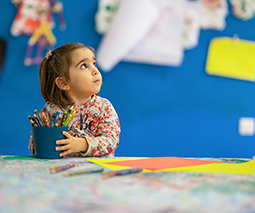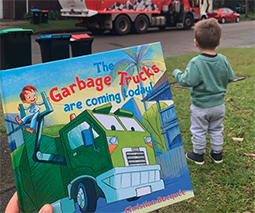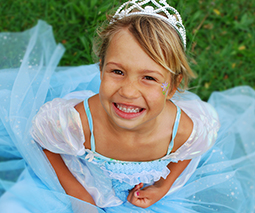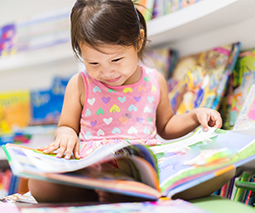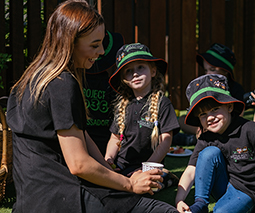Namaste kiddo! 7 ways to raise a chilled-out child
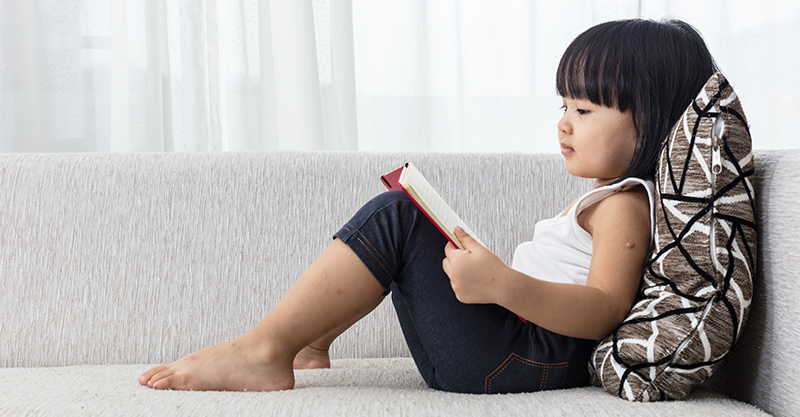
If you’ve just pushed your wee baby through the park in her pram, and noticed how bonkers other people’s children can be, we need to tell you that a) kids will very, very often be kids and b) bonkers is in the eye of the beholder and c) there are lots of ways to give your child the very best, chilled-out start in life. Let us tell you more …
1. Slow life down
One of the best ways to help your child adopt a gentler approach to life is to have that very same approach yourself. Monkey see, monkey do! If you tend to be stressed or scattered, now is the time to develop some strategies to make the day run a little more smoothly and some less volatile responses to any hiccups that may occur. Favour a steady and single-minded approach to getting things done (rather than frantic multi-tasking) and your child will hopefully pick up on that energy and do the same.
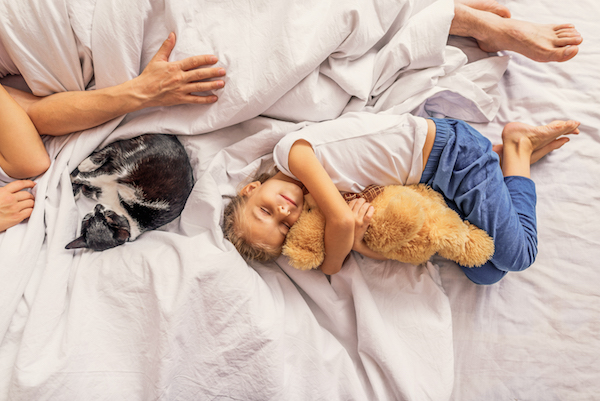
2. Enjoy the natural world together
The enormity, wonder and amazing order of the natural world can be a salve to grown-ups and kids alike. Make time to be outside and learn about the bees and the birds and the trees and the neighbourhood cat together.
Noticing the world around us is not only an exercise in observation, it’s a perspective-providing reminder that we are all part of something bigger and in it together – whether we are 2 or 122! Giving your child this “nature cure” amidst an often busy world teaches them that the natural world is a calming influence – and sets them up for a lifetime of good outdoorsy habits. Plus … all that fresh air does everyone the world of good!
3. Practice mindfulness and meditation
While these concepts might appear ubiquitous, it’s for the very good reason that they work! Teaching your child to be aware of their feelings and notice the moment they’re in provides a boost to emotional intelligence and can help to reduce anxiety too.
Adopting a regular meditation practice helps kids to better regulate their feelings and teaches a valuable self-care skill that will stick with them for life. Kinderling’s Bedtime Explorers meditation podcast is a great place to start. Let’s all “ommmm” together!
4. Keep it wholesome
A healthy diet and adequate sleep (where possible!) provides a steady and nurturing foundation for your child to adventure forth from.
While it can be a bit tricky to ensure toddlers and preschoolers eat well and sleep enough, tweaking these for optimal rest and nutrition will set your kiddo on the “living their best chilled life” path. Lay this sensible groundwork and you can tick this off the to-dos — and know that your child has these basic health and happiness promoting elements in the bag.
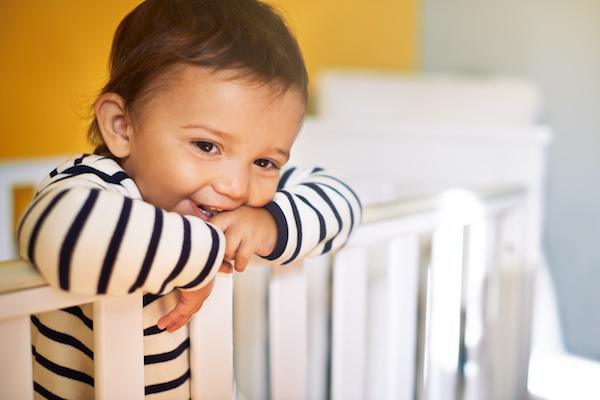
5. Move together
Expend busy toddler or preschooler energy by being active together — inside or outdoors! Not only is this a lot of fun, it gets your child moving and helps their little body build a healthier heart, stronger bones and a healthier brain too!
Physical activity is also a proven way to reduce anxiety levels in both adults and children. Promoting movement in littlies helps them to play the fidgets out and requires plenty of energy, which may mean they sleep better and are more relaxed as a result. PLUS you get to bond with your kiddo in a super fun way. Winning!
6. Have a routine and talk it through
Help your child feel secure and less stressed by letting them know how each day is going to play out, and involving them in the daily routine.
Kids do well when they understand their place in the world and what to expect. You can foster your child’s trust and this sense of security by communicating clearly and kindly — and by carefully listening to them too! Have a chat each day about what is planned and circle back to your chat as you begin each task or routine, to remind them that this was part of your plan, and talk about what’s coming up next.
A recent study by the US National Centre for Education Statistics looking at the daily routines that more than 8,500 children practiced with their families found that each ritual was linked to a 47 percent increase in the odds that children would have good emotional and social skills.
This meant that the kids who had some trusty and predictable structure, like eating meals with their family, singing together, talking together and playing together, spent less time feeling unhappy or insecure and more time simply having a nice life!
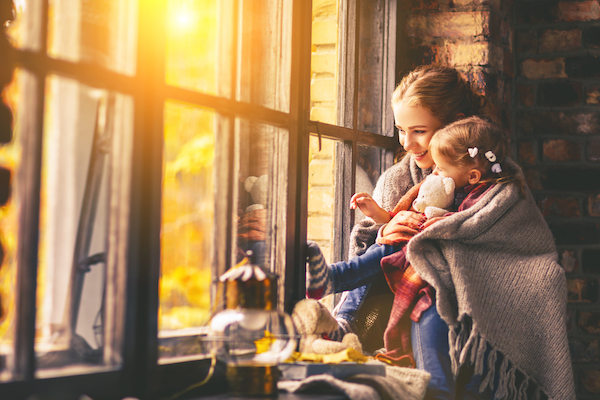
7. Hug it out
Kids obviously need plenty of reassurance and love to do well, and how this plays out at your place will depend on your unique child. A recent study concluded that kids who were nurtured and supported by caring adults (think hugs and snuggles and plenty of encouragement) had a real advantage that continued through to adulthood.
“There is a lot of evidence that nurturant moms”— or grandparents, teachers, or (though this study didn’t show it) fathers — “can help buffer vulnerable kids from all sorts of negative outcomes,” University of British Columbia psychologist Gregory Miller, who led the study, said.
“Adults can teach kids to cope with stress more effectively, model more appropriate emotional responses, or give them a sense of the world as generally a safe place.”
For parents keen to give their child a happy and secure start to life, these commonsense approaches seem delightfully doable, don’t they? Chill kid, here we come!
This is a sponsored post for Kinderling Kids Radio. Download the Kinderling app to listen to Bedtime Explorers.
